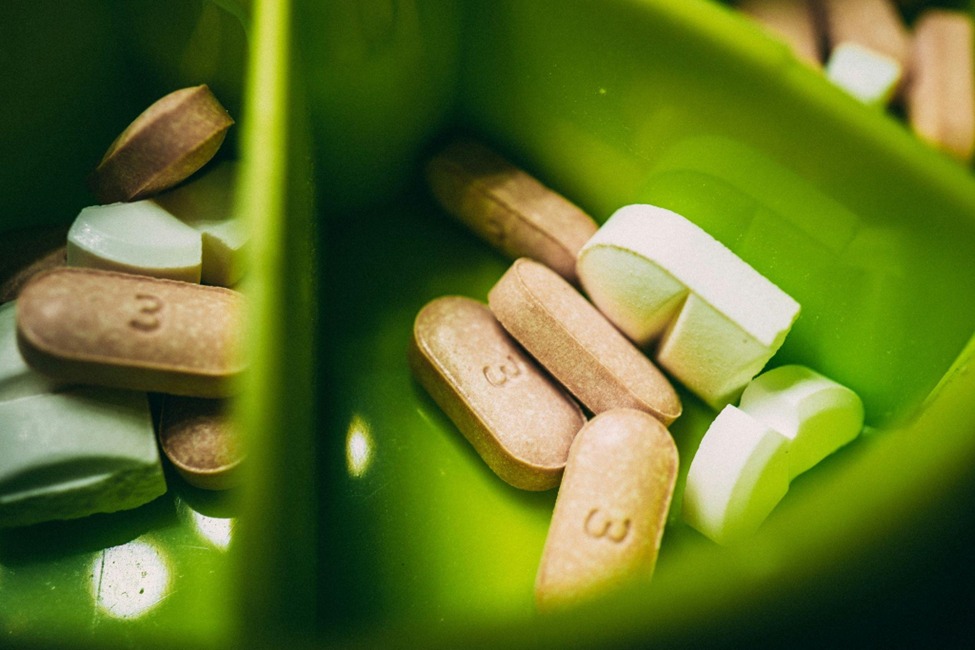Ensuring patients adhere to their prescribed medication regimens is a cornerstone of adequate healthcare. Despite medical advancements, medication non-adherence remains a significant global health challenge. According to the World Health Organization (WHO), adherence rates for long-term therapies in developed countries average only 50%. In the United States alone, non-adherence accounts for up to 50% of treatment failures, 125,000 preventable deaths annually, and approximately 25% of hospitalizations.
The consequences are staggering—not just for patients but for healthcare systems. Given these statistics, implementing medication adherence solutions (with tech solutions such as AARDEX) is no longer optional but essential.
The Critical Role of Patient Education in Adherence
One of the most effective ways to improve adherence is patient education. When patients understand the importance of their treatments, they are more likely to follow through. However, a common barrier is a lack of clear, simple communication from healthcare providers.
To address this issue, healthcare professionals should:
- Use layman’s terms to explain how and why the medication works.
- Provide written or digital instructions that patients can reference at home.
- Utilize visual aids such as infographics or video tutorials to reinforce key messages.
- Encourage patients to ask questions and clarify doubts about side effects or dosage adjustments.
Patients who feel informed and confident about their medications are far more likely to comply with their treatment plans.
Harnessing the Power of Digital Health Tools
With the rise of digital technology, digital health tools have transformed how patients engage with their treatments. From mobile apps to smart pill dispensers, technology is revolutionizing medication adherence.
Some of the most effective digital solutions include:
- Mobile apps that send reminders to take medication at scheduled times.
- Smart pill bottles that track whether a pill has been taken and send alerts to caregivers if a dose is missed.
- Wearable health devices that integrate with electronic health records (EHRs), allow doctors to monitor medication adherence remotely.
Digital health tools can be life-changing for patients managing chronic conditions such as diabetes or hypertension. They help patients stay on track and provide valuable data that healthcare professionals can use to personalize treatment plans.
Implementing Effective Compliance Strategies
A one-size-fits-all approach does not work when it comes to medication adherence. Patients have different reasons for non-adherence, ranging from forgetfulness and side effects to lack of motivation.
Effective compliance strategies should make adherence as simple and convenient as possible. Some proven strategies include:
- Reducing dosage complexity: Studies show that patients are more likely to adhere when taking fewer daily pills. Healthcare providers should prescribe once-daily formulations or combination medications to simplify treatment regimens whenever possible.
- Offering auto-refill services: Patients who struggle with remembering to refill their prescriptions are more likely to skip doses. Auto-refill and home delivery services can help ensure patients always have their medications on hand.
- Using motivational interviewing techniques: Instead of simply instructing patients, healthcare providers can use open-ended questions to understand individual barriers and tailor solutions accordingly.
Healthcare providers can improve adherence rates and patient outcomes by implementing these compliance strategies.
The Role of Medication Reminders in Daily Life
One of the most common reasons for non-adherence is forgetfulness. According to a survey conducted by the National Community Pharmacists Association (NCPA), nearly 40% of patients admit to forgetting to take their medication at least once a month.
Simple medication reminders can significantly boost adherence. Effective reminder methods include:
- Text message alerts: Research from Jama Internal Medicine shows that SMS reminders can improve adherence by up to 17.8% in chronically ill patients.
- Smartphone alarms or calendar notifications: Most smartphones allow users to set recurring alerts for medication schedules.
- AI-powered voice assistants: Devices like Amazon Alexa and Google Home can be programmed to remind patients when to take their medication.
Incorporating medication reminders into patients’ daily routines helps them build better habits and reduces the likelihood of missing doses.
Providing Personalized Support for Better Adherence
Every patient’s journey is unique, so personalized support is crucial for medication adherence. Some patients require additional emotional, social, or financial support to stay on track.
Healthcare providers and support networks can help by:
- Assigning adherence coaches: Patients who receive personalized coaching are more likely to adhere to their treatments.
- Connecting patients with support groups: Peer-to-peer interaction with others facing similar health challenges can be highly motivating.
- Offering financial assistance programs: High medication costs are a leading cause of non-adherence. Programs that provide co-pay assistance, generic alternatives, or insurance counselling can help patients access necessary treatments.
By integrating personalized support into medication adherence programs, healthcare providers can ensure patients feel valued, motivated, and empowered to manage their health.
Non-adherence to medication is a widespread problem, but it is solvable. Implementing medication adherence solutions benefits patients by preventing complications and reducing the strain on healthcare systems. With the right strategies, we can bridge the gap between prescription and proper medication use, leading to better health outcomes, fewer hospitalizations, and a higher quality of life.





























